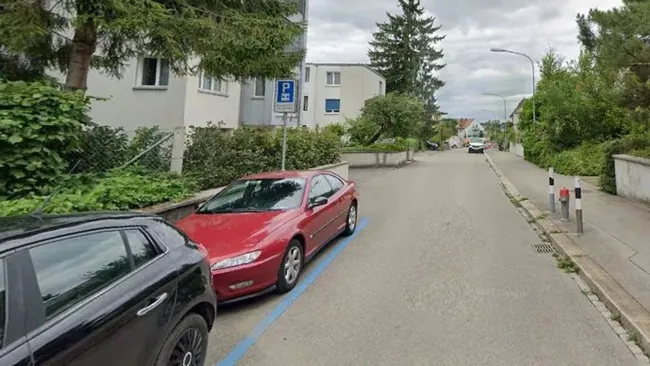WikiLeaks founder Julian Assange condemned the "system" this week in his first public remarks since his release from prison in June.
On Tuesday, Assange spoke to the Parliamentary Assembly of the Council of Europe's legal and human rights committee in Strasbourg, France, detailing the toll his detention and conviction had on him. The assembly, which consists of lawmakers from 46 European countries, heard Assange's testimony as part of its broader agenda on human rights issues.
"I am not free today because the system worked," Assange said on Tuesday. "I am free today after years of incarceration because I pled guilty to journalism."
"I pled guilty to seeking information from a source. I pled guilty to obtaining information from a source. And I pled guilty to informing the public what that information was," he added.
Ahead of his remarks, Assange was met by a group of supporters who held signs that said, "Thank you, Julian," as he spoke alongside his wife and Kristinn Hrafnsson, the editor-in-chief of Wikileaks.
Assange was released from a British prison in June after serving five years for pleading guilty to charges related to obtaining and publishing U.S. military secrets. His release followed a plea deal with the U.S. Justice Department, bringing an end to a protracted legal battle. Before his imprisonment, Assange spent seven years in self-imposed exile at the Ecuadorian Embassy in London, where he sought asylum, citing fears of political persecution.
While addressing the European parliamentarians, Assange spoke about the transition from being released from a maximum security prison, calling it a "profound and a surreal shift."
"It strips away one's sense of self, leaving only the raw essence of existence," he said, while apologizing for his "faltering words" and an "unpolished presentation."
"I'm not yet fully equipped to speak about what I have endured—the relentless struggle to stay alive, both physically and mentally," Assange said.
The Australian-born internet publisher was accused of receiving and releasing hundreds of thousands of classified war logs and diplomatic cables, exposing U.S. military actions in Iraq and Afghanistan. His work earned praise from press freedom advocates, who lauded Assange for uncovering military conduct that might have remained hidden from the public eye.
Among the files published by WikiLeaks was a video of a 2007 Apache helicopter attack by American forces in Baghdad that killed 11 people, including two Reuters journalists.
Assange pleaded guilty to a charge under the Espionage Act for conspiring to illegally acquire and publish classified U.S. national defense information. He was sentenced to five years, the equivalent of the time he had already served in the U.K. while fighting extradition to the United States.
This article includes reporting from The Associated Press.
Disclaimer: The copyright of this article belongs to the original author. Reposting this article is solely for the purpose of information dissemination and does not constitute any investment advice. If there is any infringement, please contact us immediately. We will make corrections or deletions as necessary. Thank you.




